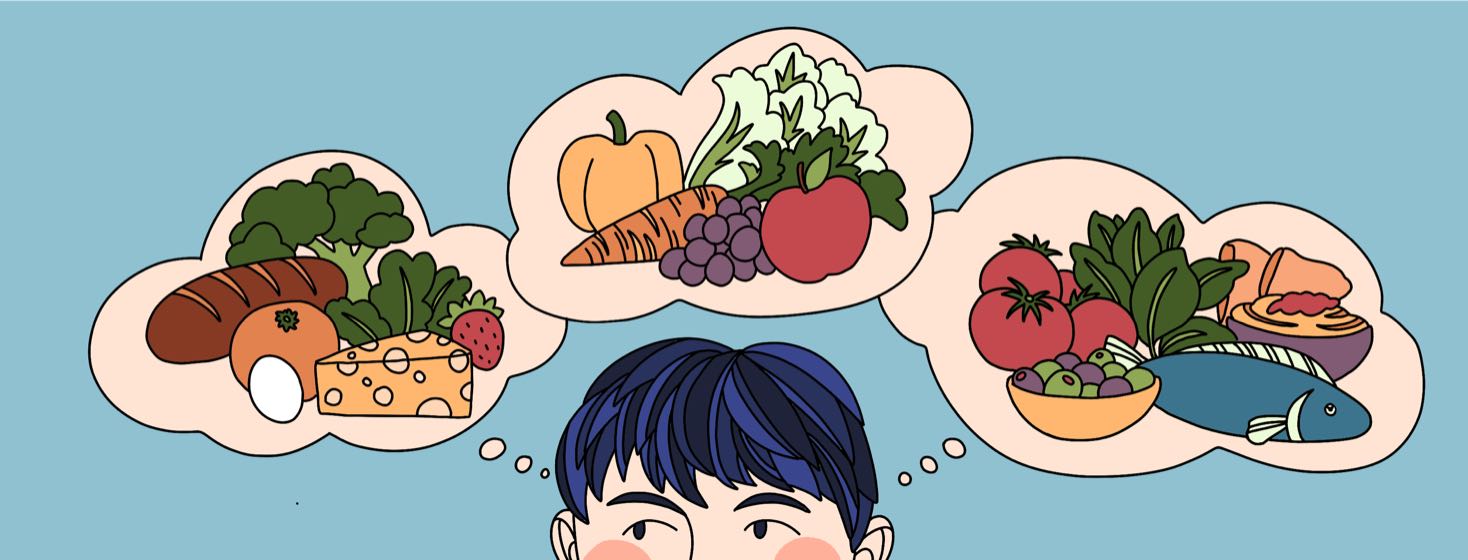Five Things I Learned About Dietary Change for Ankylosing Spondylitis
Gluten-free, paleo, dairy-free, nightshade-free, starch-free, GAPS...if there’s a diet recommended for ankylosing spondylitis, I’ve probably tried it.
Soon after my diagnosis, I set off down the dietary modification track in search of symptom relief. The medication that initially worked like a charm became less effective at controlling my pain over time. It also left me with all kinds of digestive issues. Reassessing what I was eating and healing my gut seemed like the best next-step.
It was the beginning of some self-experimentation that would span many years. Some ways of eating worked for a while then tapered off, others moved me forward quite dramatically and others made no measurable difference.
Almost ten years down the track, I’ve gathered a lot of personal experience. Through my training to be a Functional Health Coach specializing in helping people with ankylosing spondylitis and other inflammatory diseases, I now have some research-based learnings about diet changes.
Here are my top 5 tips to share with anyone ready to embark on dietary change to help their ankylosing spondylitis. These are my own opinions based on my experience, independent research, and studies into functional health.
My ankylosing spondylitis diet change tips
1. When diet is the only symptom management strategy, there will be zero room for error
I have found that focussing on diet alone is a pretty unforgiving approach. I learned this the hard way when I gave up on exercise, medication, supplements, and mindset in favor of strict dietary protocols. If I strayed even slightly from my diet, my symptoms would flare. I believe diet change works best as part of a bigger lifestyle approach, not a single solution to managing ankylosing spondylitis.
2. The most effective diets are those that focus on healing, not just symptomatic relief
I found that some restrictive diets were effective for me, but as soon as I relaxed even a little bit I would flare up again. I got the greatest long-term benefits from diets that had a focus on healing the gut. These diets remove common irritants and toxins and add in fermented foods, healthy fats, lots of vegetables and nutrient dense animal foods like broths and organ meats.
3. If your diet makes you miserable, it will undo most of the potential benefit
Being unhappy, stressed out, or socially isolated because of your diet defeats the purpose. Our emotional state is closely tied to our physical health. I found it was important to not push myself too hard for too long with extreme changes.
4. Not all diets recommended for AS work for everyone
We share a diagnosis, but we are still all living in very different bodies. Everyone responds differently to diet change. I found it most helpful to learn to listen to my body and figure out what was right for me, regardless of what others’ experiences had been.
5. Self-compassion is crucial when it comes to making lifestyle changes, including how to eat
This might mean making small, doable changes over time. It might mean looking for other ways to relieve symptoms (such as medication) in addition to giving diet change a go. Being kind to yourself might also mean deciding that a diet change is not right for you and moving on to explore other treatment options.
Diet change can be a game changer
In general, I feel that diet change can be a game changer for people with ankylosing spondylitis and is well worth exploring. I also fully acknowledge that it’s not the right path for everyone. What works for me may not work for others.
After years of trial and error, I’m really glad to have found what works for me and am always eager to support others with ankylosing spondylitis who want to try changing their diet. For many people, it’s a valuable addition to the toolkit for reducing symptoms and feeling better.

Join the conversation